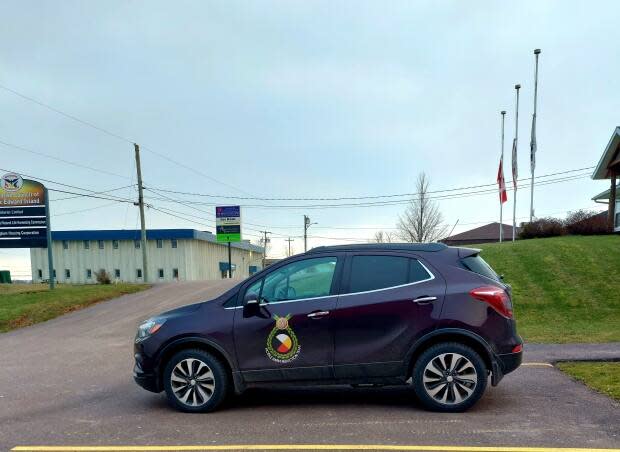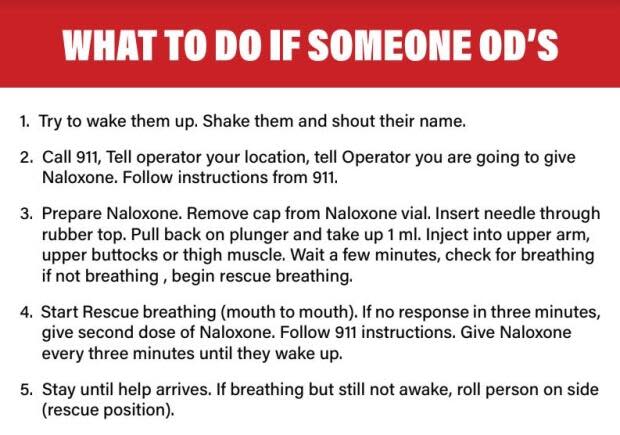Harm-reduction program helping Indigenous people off reserves dealing with addiction

Indigenous people struggling with addictions who live off reserves now have access to a new harm-reduction program through the Native Council of Prince Edward Island.
Workers will meet people to provide services like access to clean needles, tents, blankets and first-aid supplies.
While there are outreach services offered in Charlottetown, Lisa Cooper, president and chief of NCPEI, says it's important the program is delivered by Indigenous people.
"Community members who are homeless, we can connect them to our wrap-around programs at the Native Council on mental health and addictions, homelessness," she said.
"We have 56 rent-geared-to-income units. We can put them up in a hotel, so it's really about looking after our community because Indigenous programs need to be Indigenous led."
'We're keeping needles off the ground'
The council will have a vehicle meet people where they are to provide the services, Cooper said.
"The mobile harm-reduction team is out there in the trenches where our most vulnerable population is," she said.
"Our hope in the long run, and in the end, is that we provide enough supports and wrap arounds that they are not using. They have a safe place to go and they get healthier."

While the program is geared toward the Indigenous population, Cooper said, workers wouldn't deny services to anyone they find in distress. All workers will be trained to treat overdose using Naloxone.
Not only will the program offer clean needles for people using substances, it will also dispose of used needles as well.
"We're keeping needles off the ground," Cooper said.
There is also an education portion offered, discussing how events such a colonization and residential schools play a role in social inequity, but Copper said not all are ready for that conversation.

The hope is to hire five full-time workers to help deliver the program — two people are already on the job, said project co-ordinator Peter Blackwell.
The program was given just over $380,000 in funding from Health Canada over the last couple of years.
The province did launch a mobile mental-health units back in October. Blackwell said the services NCPEI offer are different, though the programs may complement each other.
Right now, the service is available in Charlottetown. Blackwell said staff have been to areas such as Montague and Summerside to gauge need, but he said the hope is to eventually service under-served rural communities.

Police were involved as consultants on the program, but their involvement will be as limited as possible and officers will only be called in if there is an emergency situation or a risk of harm to workers, Blackwell said.
"Police have learned to be of assistance and not interfere unless there's an absolute emergency and they, you know, have been very good with that."
The service runs Wednesdays to Sundays from 3 p.m. to 11 p.m.


